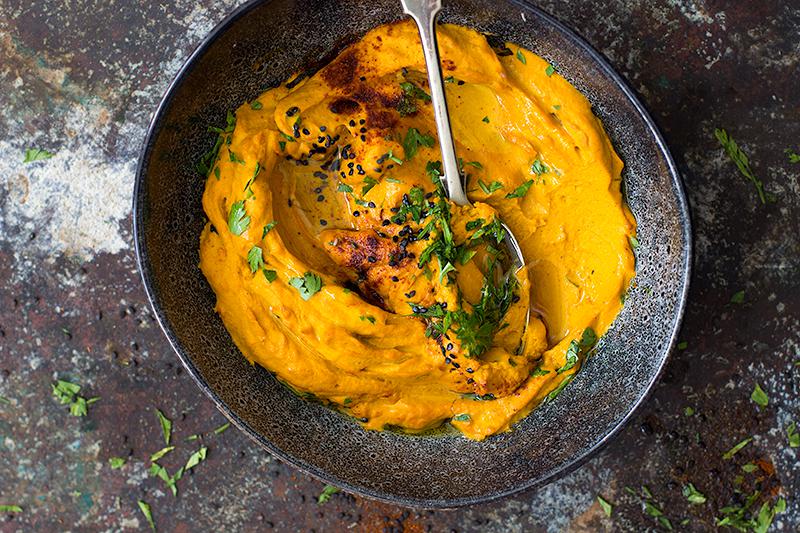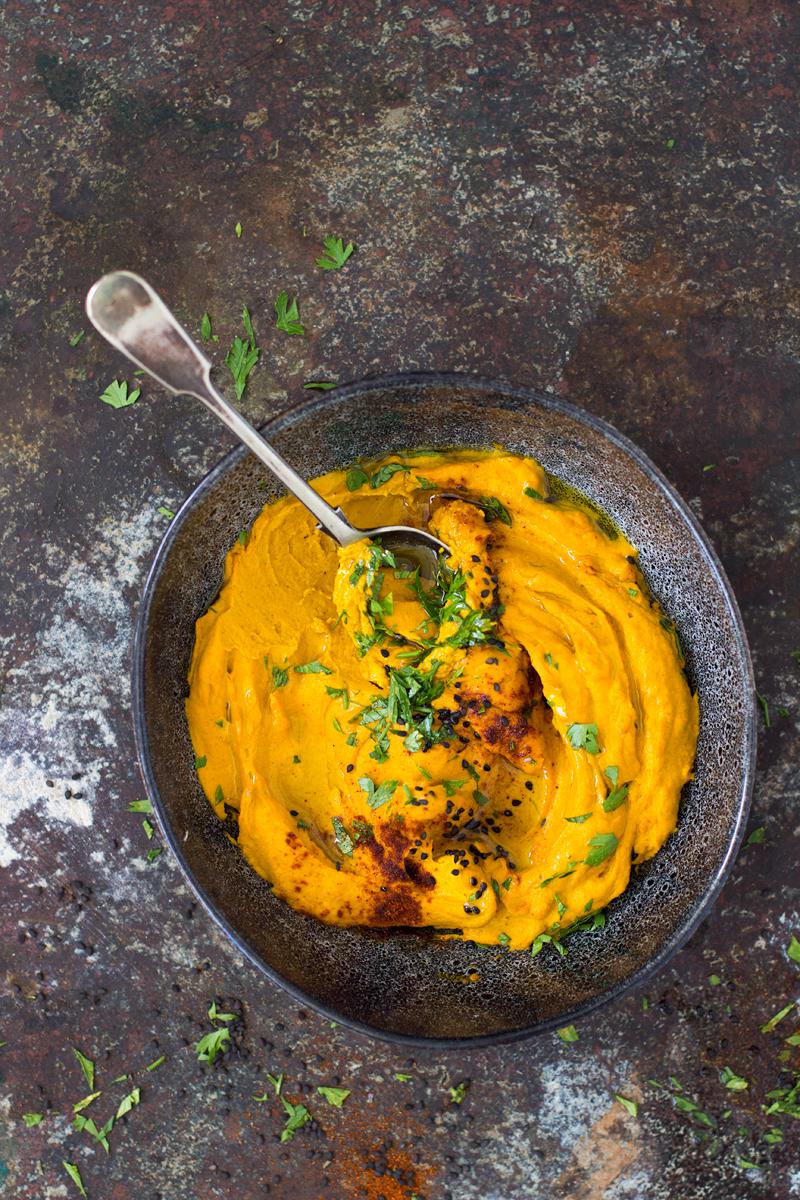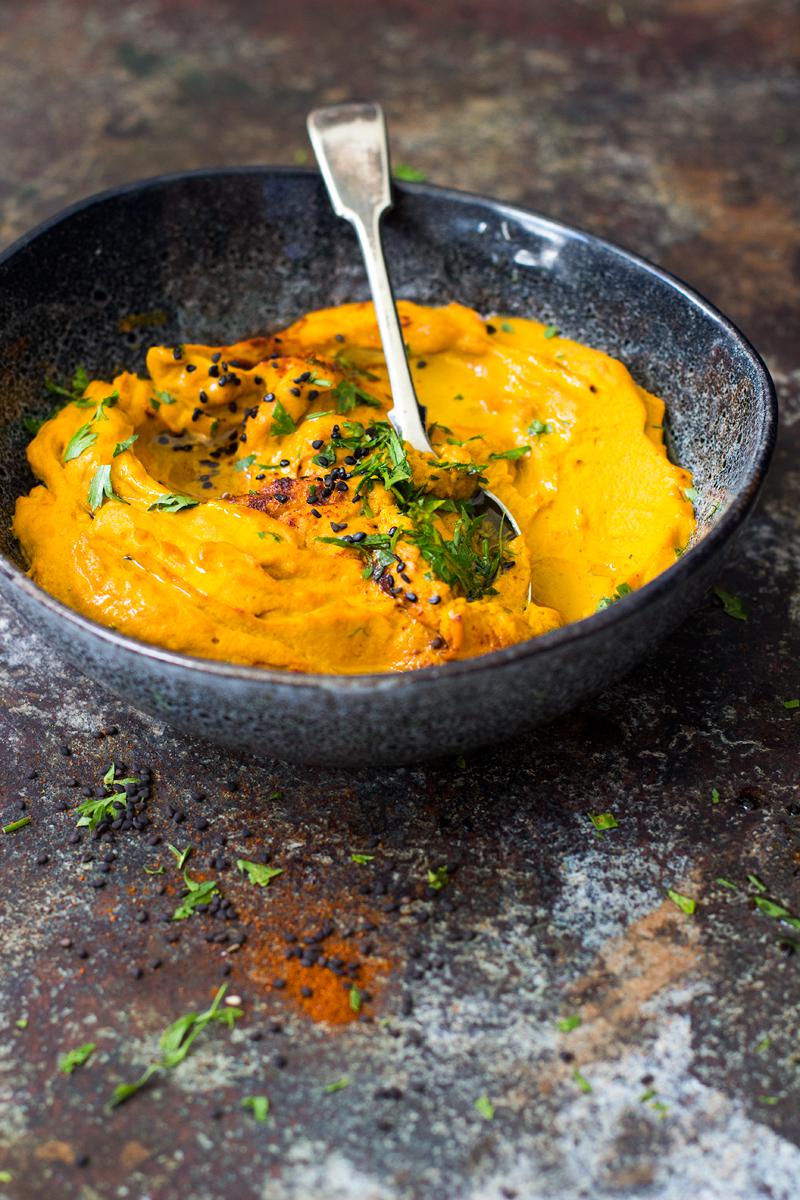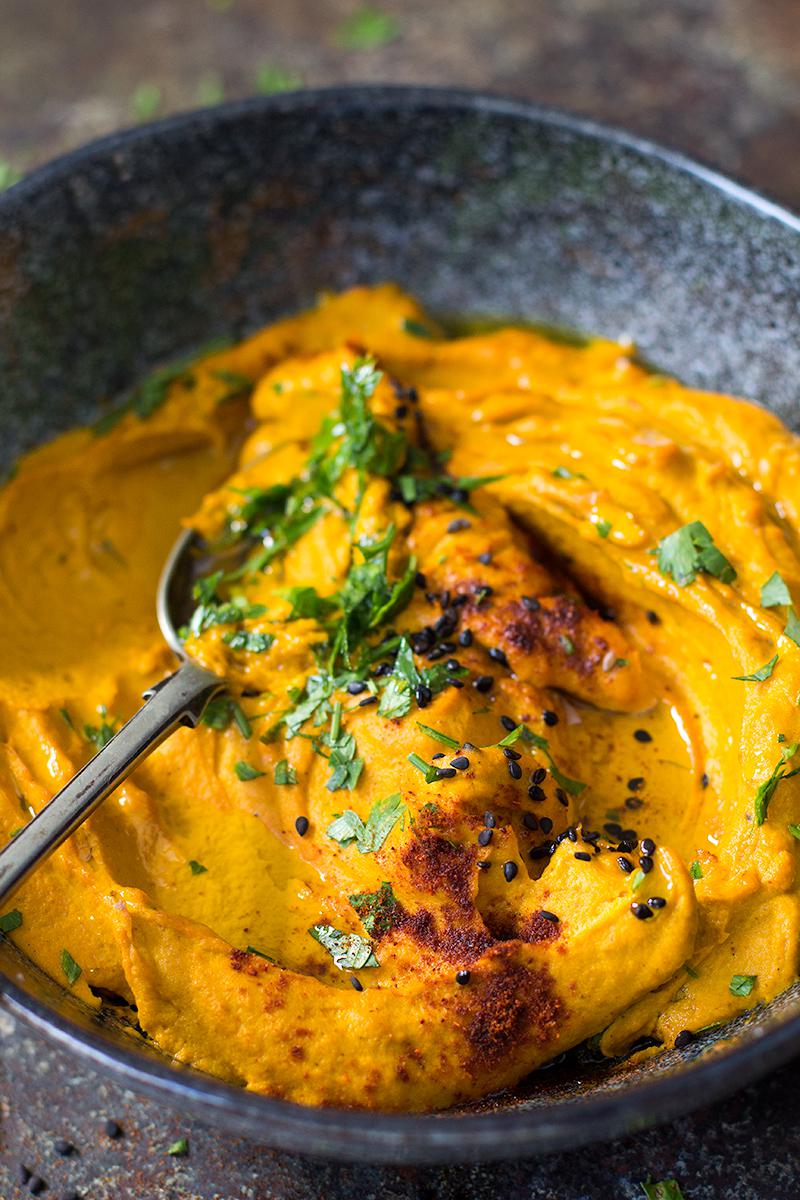
With all the sensitive digestive systems that we treat in the JCN Clinic, the avoidance of everyday hummus is repeatedly common. Many clients come into the clinic that have already culled legumes from their diet, along with an array of other foods deemed reactive. Removing foods causing you gastrointestinal distress seems logical but its not always the best avenue to go down.
When we remove large amounts of food from our diets we narrow the fermentable food available to our microbiota. It is quite common knowledge now that our gut is filled with a huge array of bacteria that have been proven to help support our digestive health, immunity and to have a symbiotic relationship with our mental health. Even though the research is coming thick and fast in this area in the mainstream arena, our understanding of the microbiome is still in its infancy.
One thing we do know is that not one person is the same as the other. What is healthy for my microbiota may not be the best for yours. We also know that providing different types of food for our bacteria tends to encourage growth of certain types of strains of bacteria families (called pylums), although we are still learning how individualised this may be. Therefore, when we narrow our food intake down we effectively starve off certain strains of bacteria and create a dominance of others.
This is actually a tool that can be used clinically under supervision. Even so, it is a process that should not be used long term as fundamentally it backs our microbiota into a tight corner. For instance, if your diet is very restrictive you will have a smaller percentage of bacterial diversity. Therefore, when you choose to try and eat something different your microbiota feels inadequately equipped to deal with this ‘foreign’ fuel. As a result we can initially see signs of discomfort such as bloating, wind, cramps or even changes in bowel habits. For a person who is controlling their gut symptoms with a narrow food intake, this can be highly distressing and cause them to retreat back to their safe zone of food. Unfortunately, the more they cycle through this same day-in and day-out intake, their unstable gut can start to become reactive to the very foods they once felt where safe, narrowing their food intake even dangerously further. It is not uncommon for us at the JCN Clinic to see someone down to 4 – 5 foods.
Therefore, challenging your digestion is imperative with the aim to diversify your diet as much as possible. The reason we fundamentally react to a large amount of foods is because our gut integrity has been compromised. Often there is increased gut permeability, which needs to be addressed. Ironically our gut permeability can be further degraded by a restricted diet and long term antibiotic or anti-microbial work without the correct support.
Having a knowledgeable practitioner walk you through the process of food restrictions is integral. They can identify types of reactivity and often then guide you to trial certain foods over others, ensuring that your food intake continues to diversify as your treatment progresses. Please be wary of anyone asking you to cut out major components of your dietary intake without any guidance, dietary plans or support. This is a dangerous game to play and we often see the end result in the clinic.
Of course, like everything there are two sides. If someone is reacting with systemic inflammation to foods and symptoms that make day to day life unmanageable then we are hardly going to force them to eat those foods (not that they would!). What is needed is a educated mind to step back from the situation and assess what is driving such a strong reaction and then look at how we move forward without getting stuck in a dietary rut.
This brings me back full circle to my carrot hummus. As hummus is often legume based there are a lot of digestively sensitive people who will be avoiding them. Legumes provide a dose of hefty fuel for our bacteria and should definitely not be viewed as a bad food. Our goal is always to be able to include them as part of a balanced dietary intake (for most) as our gut becomes more healthy and robust. However, for those of you at the start of your gut health journey, this carrot hummus can be a welcomed alternative.
carrot hummus
- serves
- makes 2 cups
- preparation time
- 10 minutes
- cooking time
- 30 – 40 minutes
ingredients
- 600g carrots
- 2 tablespoons macadamia nut butter
- 1/4 cup extra virgin olive oil + extra for roasting
- 4 tablespoons lemon juice
- 1 teaspoon smoked paprika
- 1 clove garlic *
- 1/2 teaspoon salt
- 1/2 teaspoon pepper
- 1/2 teaspoon turmeric powder
method
*omit garlic and use an additional 2 tablespoons of garlic infused oil for sibo friendly/fodmap friendly.
Preheat your oven to 220c fan forced. Wash the carrots and then chop them up into medium sized pieces for roasting. Pop them in a roasting dish and season with salt and pepper. Toss with a good dash of extra virgin olive oil and place in the oven to roast till tender and golden. This should take about 30 – 40 minutes depending on the thickness of your carrots.
About 10 minutes before your carrots are done, add the garlic clove in its skin to the roasting dish with the carrots. This will allow the garlic to soften and caramelise.
Once the carrots and garlic are done, remove them from the pan and place them in a food processor or high-speed blender with the macadamia nut butter, lemon juice, extra virgin olive oil, salt, pepper, turmeric and smoked paprika. Blend till nice and creamy, tasting for any adjustments needed to seasoning. At this point if you would also like the carrot hummus thinner you can add a little water.
Once the carrot hummus is blended, spoon it all out into a bowl to serve, or into an airtight container to store in the fridge. The carrot hummus will last for 4 – 5 days in the fridge, after this it should be frozen.
Jessica Cox is a qualified practicing Nutritionist with a Bachelor Health Science (Nutrition) and over 15 years of clinical experience. She is the founder and director JCN Clinic, published author and established recipe developer. Jessica is well respected within health and wellness space for her no fad approach and use of evidence-based nutrition.










